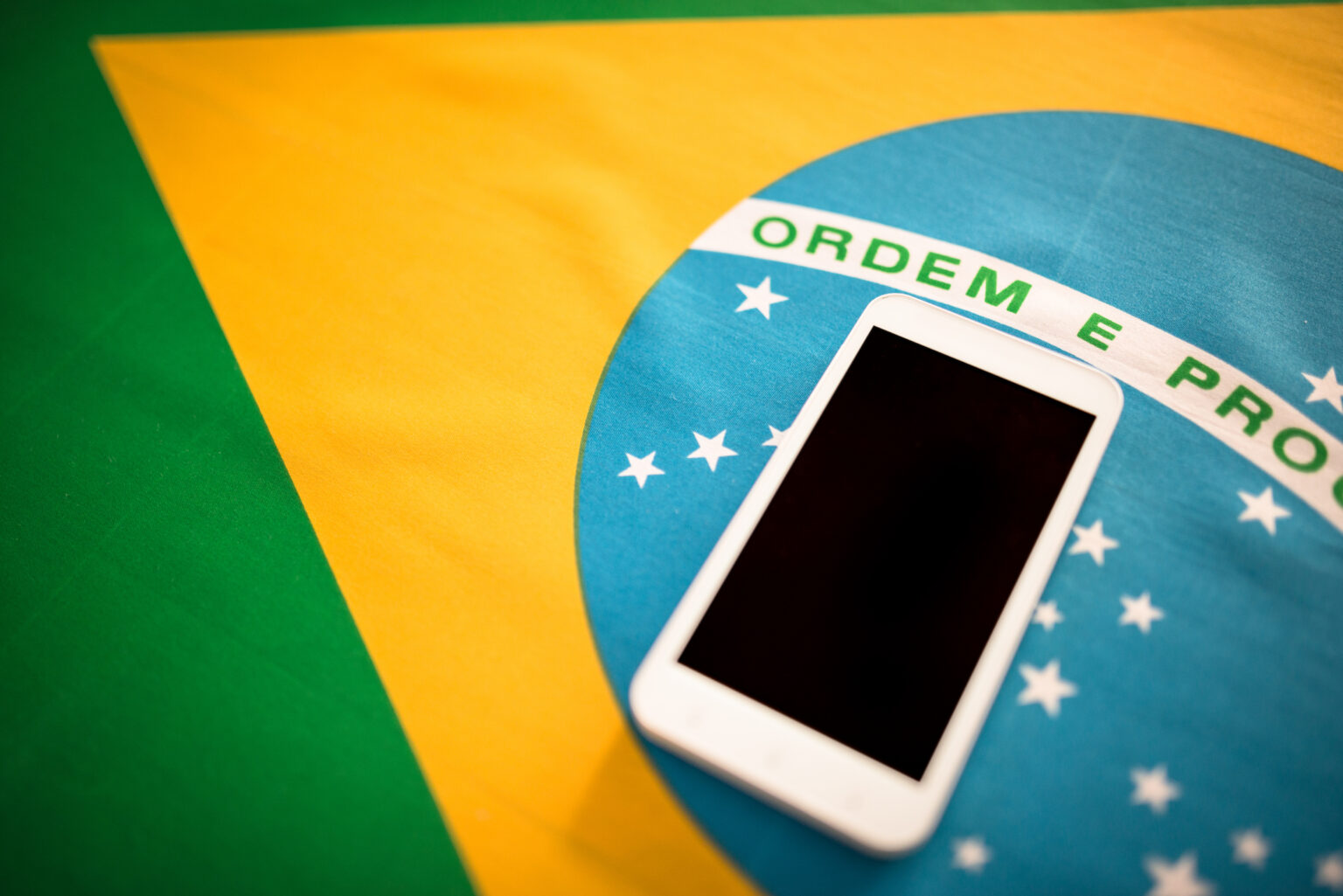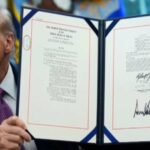When Elon Musk acquired Twitter, now X, in 2022, concerns arose that his self-proclaimed commitment to free speech could lead to an increase in disinformation on the platform. However, a recent conflict with a Brazilian judge over the blocking of certain popular accounts has put Musk and X at odds with the legal system in Brazil. X’s Global Government Affairs team has expressed their belief that the court orders to block accounts are not in line with Brazil’s laws on internet freedom and transparency. They have stated their intention to challenge these orders legally, emphasizing the importance of freedom of speech and due process for the people of Brazil.
The situation escalated when Musk publicly called out Brazil’s Federal Supreme Court Justice, Alexandre de Moraes, and declared that X would not comply with his orders, regardless of the consequences. Musk criticized the judge’s demands as the most draconian in the world and indicated that X may lose all revenue in Brazil and potentially have to shut down its office there. Musk’s stance on prioritizing principles over profit has further fueled the conflict between X and the Brazilian legal system.
The dispute between Musk and the Brazilian judge highlights the complex dynamics between tech companies and government regulations, particularly in terms of freedom of speech and censorship on social media platforms. Musk’s defiance of the court orders underscores the challenges faced by multinational corporations operating in countries with differing legal frameworks and standards for online content. The outcome of this conflict could have significant implications for both Musk and X, as well as for Brazil’s approach to regulating social media and combating fake news.
As Musk continues to publicly challenge the Brazilian judge’s authority and resist complying with the court orders, the situation raises questions about the limits of tech companies’ power and influence in shaping online discourse. The clash between Musk’s commitment to free speech and the Brazilian legal system’s efforts to curb disinformation reflects broader debates about the responsibilities of social media platforms in moderating content and ensuring transparency. The outcome of this conflict could set a precedent for how tech companies navigate regulatory challenges and legal disputes in different countries around the world.
Ultimately, the conflict between Elon Musk, X, and the Brazilian judge underscores the complexities of regulating online content and balancing freedom of speech with the need to combat misinformation. The outcome of this dispute could have far-reaching implications for how tech companies engage with legal systems and governments in addressing content moderation issues. As the situation continues to unfold, it remains to be seen how Musk’s defiance and X’s legal challenges will shape the future of social media regulation in Brazil and beyond.









